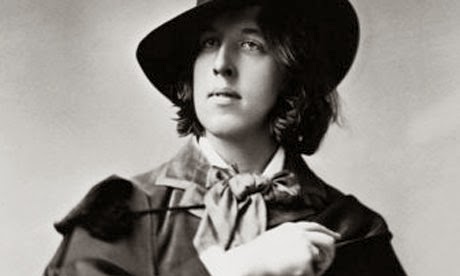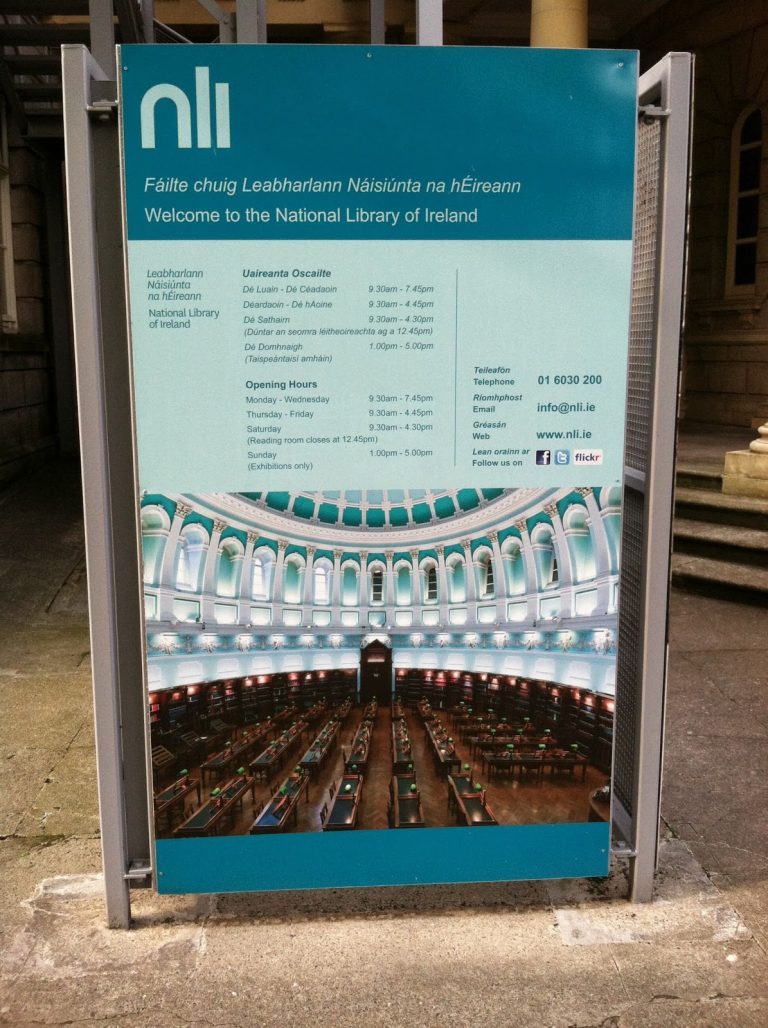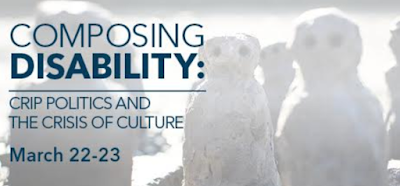Poem of the Day: Oscar Wilde’s ““Hélas” (with writing prompts!)
—Margot Hoffman


Welcome back to campus, and a special welcome to first-year and newly declared English majors just joining us for the first time! The English Department faculty are excited to have you back to our classrooms.

Here is some news from our British and Postcolonial Studies Cluster, where some faculty have been publishing new research and forging exciting institutional connections in the US, UK, India and Ireland. Jenny Green-Lewis is glad to say that her essay on Victorian photography and the novel, written for the new Oxford Handbook of the Victorian…
This is the inaugural post of On the Road, an occasional blog series about GW English Professors and their scholarly travel. In an age of Skype and video conferencing, travel to conferences or to other institutions remains an important way for scholars to share their work and learn about what their colleagues elsewhere are doing…

We are pleased to announce that Composing Disability, GW’s biennial Disability Studies conference, returns on March 22-23, 2018. The full program will be posted soon, and the keynote for this event is UK-based artist-activist Liz Crow. Crow is the founder of Roaring Girl Productions and works with performance, film, audio, and text. Her work has…

( ) death I cause I result in breaking heads along the highway. burial as it fits between transit. buttons make time stop and shirt buttons make time not work for me faulting clothes to shame physics. time as a round thing I fumble to break our paradox meant to save to leave machines. each…

Toni Morrison at GWU, September 21, 2011 Nobel Laureate and Pulitzer Prize Winner Toni Morrison died August 5 at the age of 88. Professor Evelyn Schreiber, a specialist in Morrison’s work and former president of the Toni Morrison Society, was interviewed On August 8 on the Kojo Nnamdi show about Morrison’s legacy. You can…